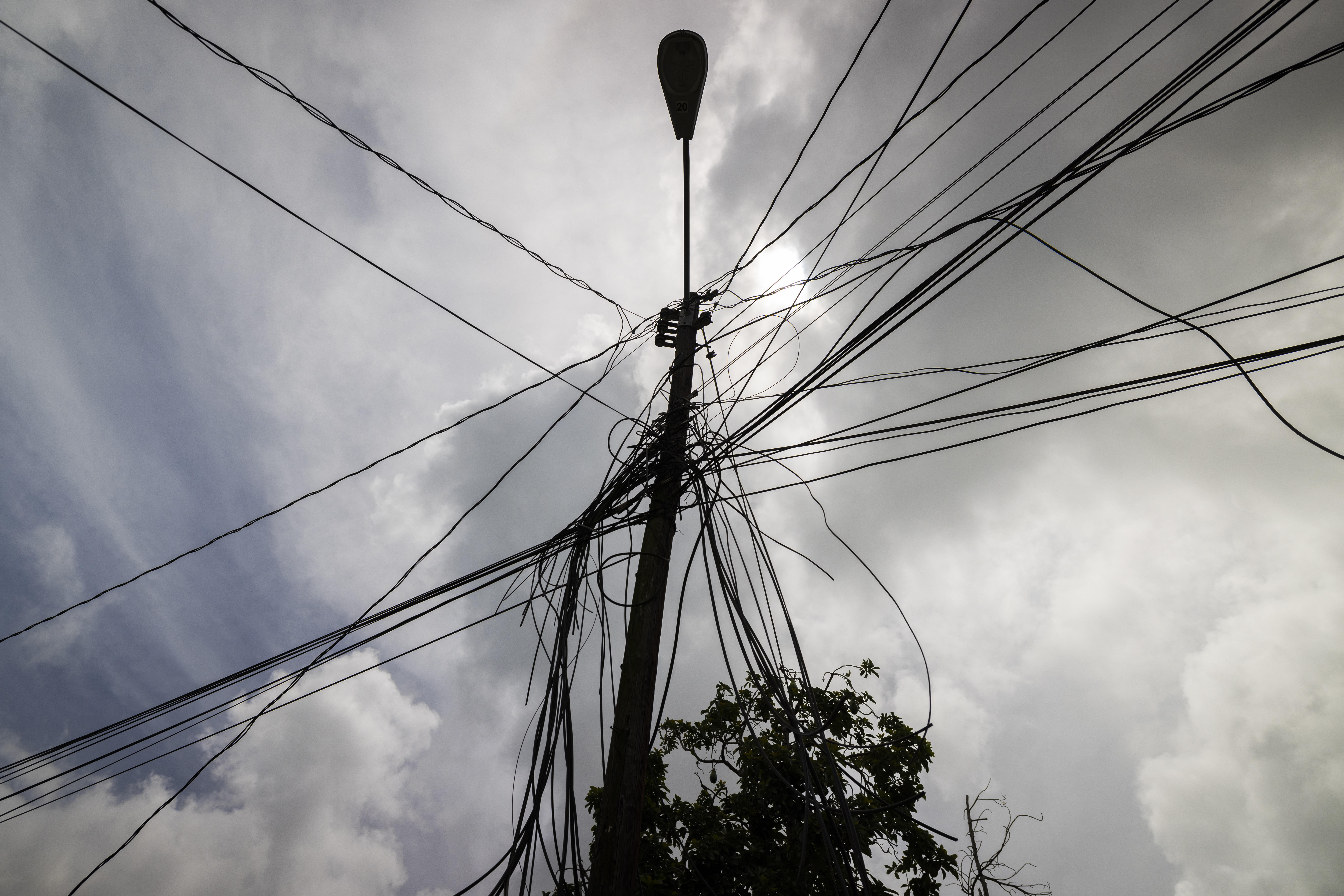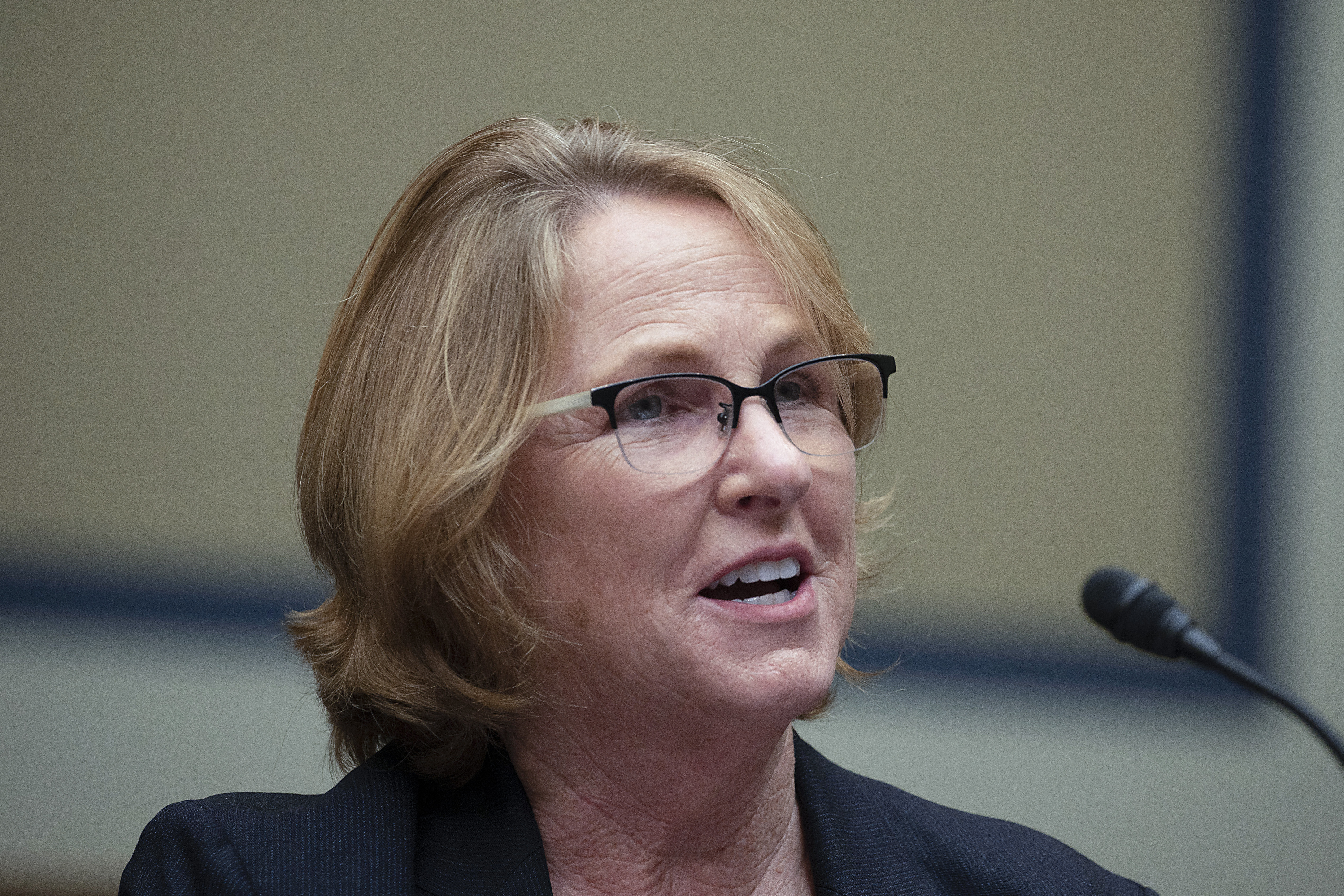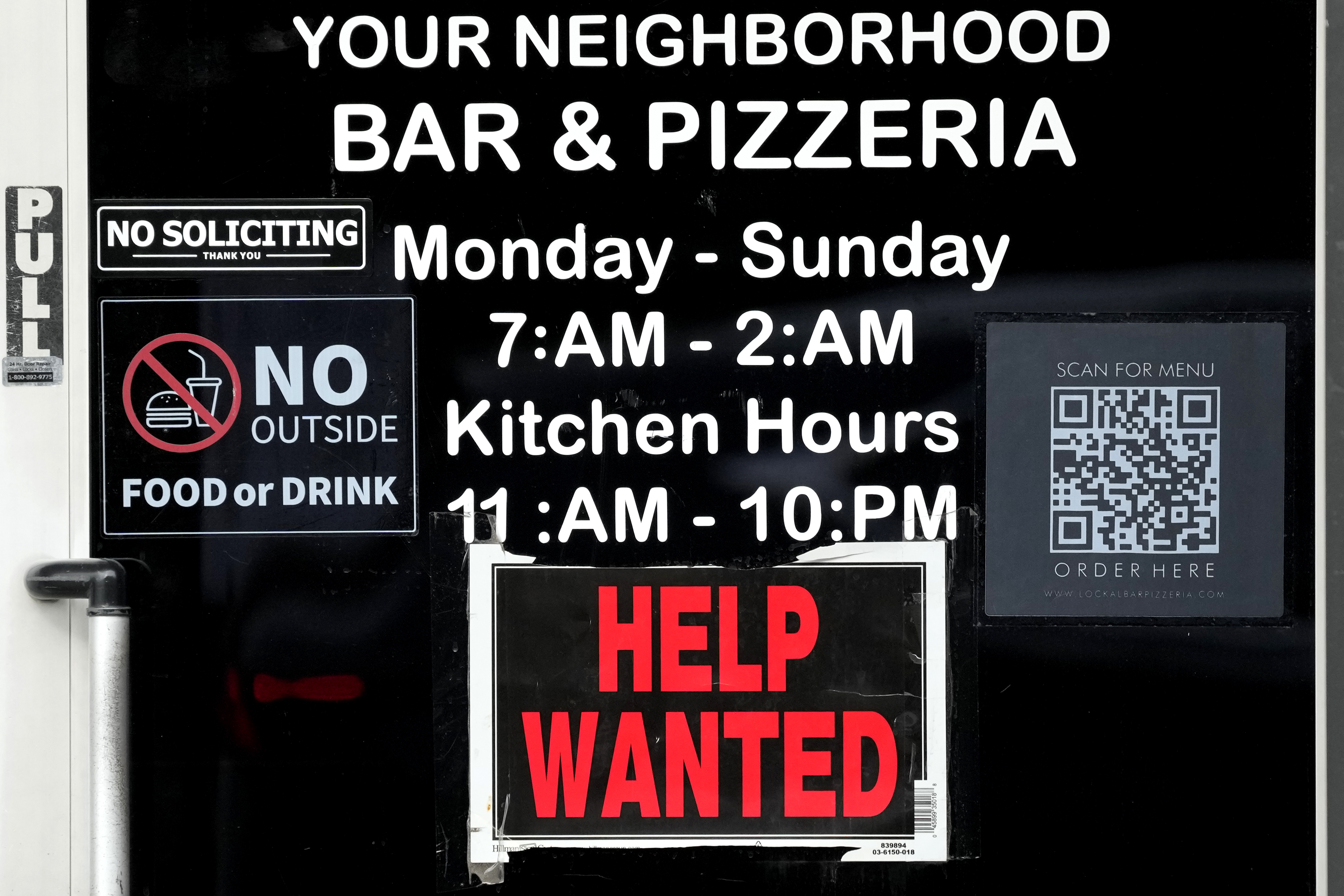Editor’s Note: This story has been updated to correct the percentage increase in SNAP benefits.
(WHNT) — The millions of people who use the Supplemental Nutrition Assistance Program (SNAP) to help cover the cost of groceries and other necessities are about to get a bump in their benefits starting on Oct. 1.
SNAP, which stands for Supplemental Nutrition Assistance Program, used to be called the Food Stamp Program. Next month, the benefits will automatically rise to reflect the recent changes in the cost of living due to high inflation.
Benefit changes will be based on the Consumer Price Index from the Bureau of Labor Statistics for June 2022.
According to a report from Forbes Advisor, SNAP benefits will increase by 12.5% for 12 months starting in October, compared to the year prior.
Below you can see the breakdowns of new maximum benefit amounts in the 48 contiguous U.S. states and D.C., according to the USDA:
- Household size 1 – $291
- Household size 2 – $535
- Household size 3 – $766
- Household size 4 – $973
- Household size 5 – $1,155
- Household size 6 – $1,386
- Household size 7 – $1,532
- Household size 8 – $1,751
Each additional person adds $219. The minimum benefit amount is staying the same this year: $23 per month.
Benefits can be higher in Hawaii, Alaska, Guam and the U.S. Virgin Islands. The maximum benefits in Alaska could be as high as $1,937 for a family of four.
In Hawaii, the maximum allotment is actually decreasing starting Oct. 1 to $1,759 for a family of four.
Monthly income eligibility has changed, too. For the 48 contiguous U.S. states, plus D.C., anyone who makes less every month than the numbers below qualifies for some amount of SNAP benefits:
- Household size 1 – $1,580
- Household size 2 – $2,137
- Household size 3 – $2,694
- Household size 4 – $3,250
- Household size 5 – $3,807
- Household size 6 – $4,364
- Household size 7 – $4,921
- Household size 8 – $5,478
Households that earn less monthly may qualify for more benefits, and those with an elderly or disabled person in the household have higher income thresholds. (See more from the USDA here.)
These new benefit amounts will be in place through Sept. 30, 2024, after which they may change again depending on the change in cost of living.
For those who receive SNAP benefits, there is no extra paperwork required to receive the increase. The changes will occur automatically.
As the cost of living adjustments kick into place, SNAP is also making some other changes to who can qualify to receive the food assistance.
As of Sept. 1, 2023, childless workers under 50 years of age are required to show they were working 80 hours or more a month, pursuing an education, or training program to qualify for SNAP.
Starting on Oct. 1, the age requirements will be expanded up to 52. Then next year, on Oct. 1, 2024, the age requirement will expand again to 54.
Homeless, veterans or youth ages 18 to 24 who aged out of foster care are exempt from these requirements. People who cannot work due to a physical or mental limitation, are pregnant or have a child 18 or younger living in their home will also be exempt.
If you don’t meet the new work requirements, you will only be eligible for SNAP for three months of benefits in a three-year period.


























